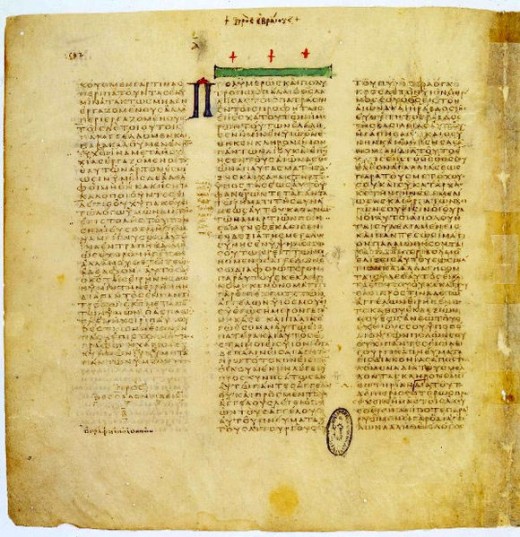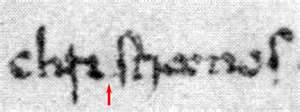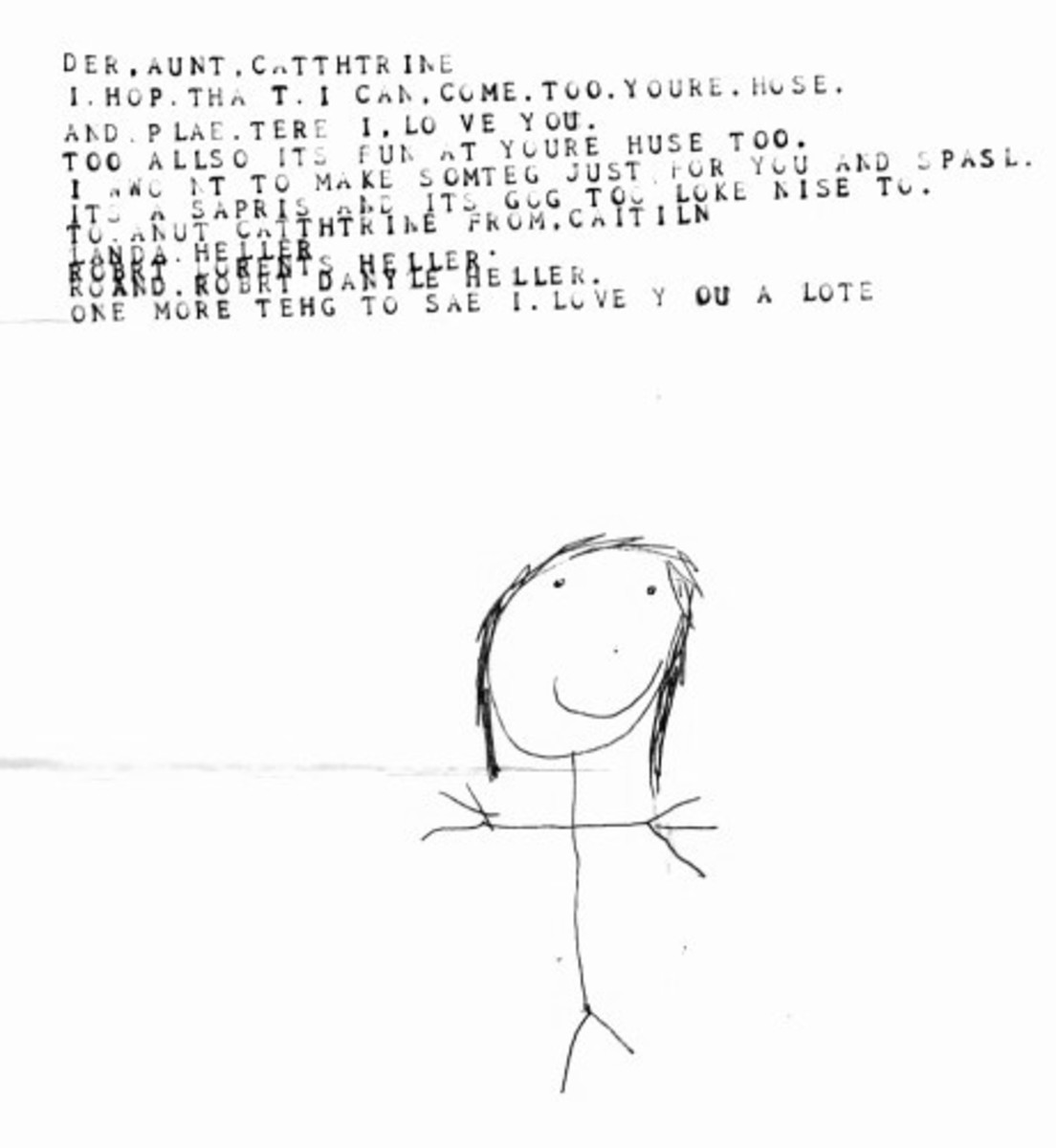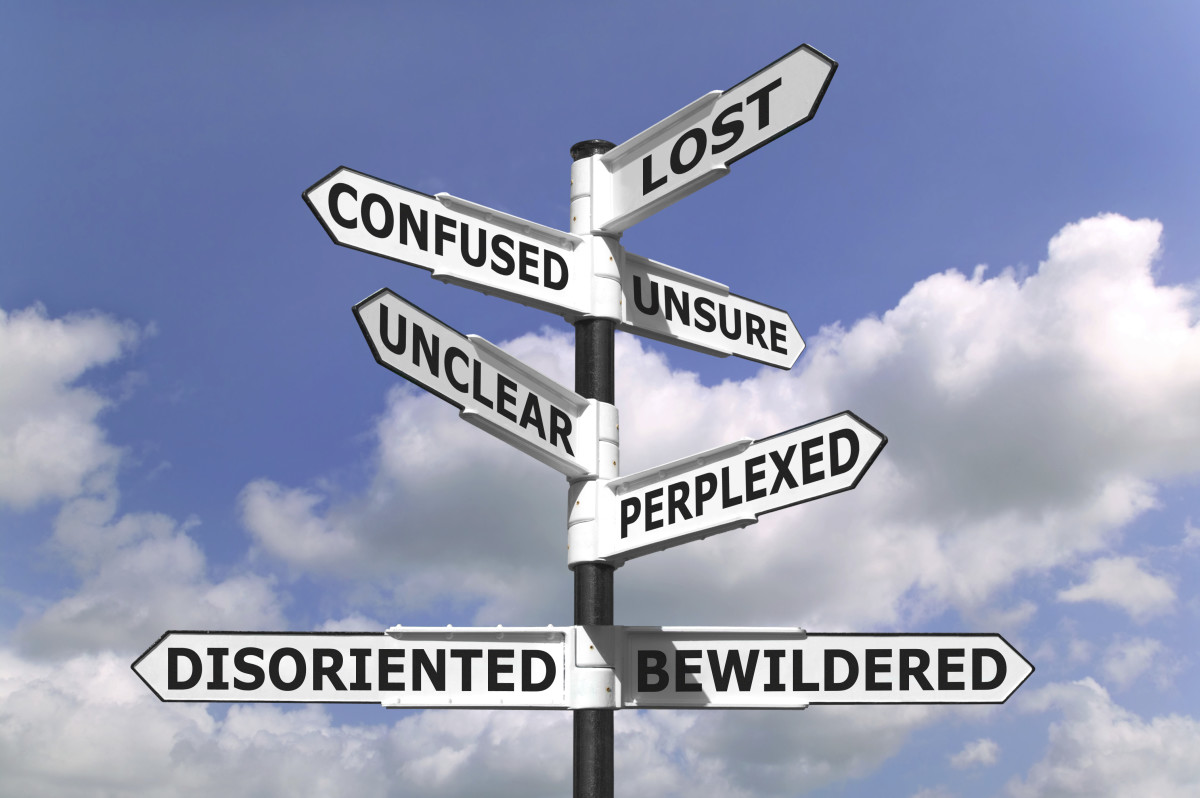Spell check--an elementary tool but not one for serious scholarship
Eusebius of Cesaraea

Codex Vaticanus

Lisa Koski, on a Hub, asked about the value of Spell Check (a trademarked word). Her question reads:
Seeing made up words and misspellings all over HubPages made me wonder how dependent most people are on spell check. I do just fine checking my own work and using a dictionary (although I know I'm not perfect). I also know there are those who type their work into Word before posting them in a Hub, which is a great idea.
I responded:
Spell check, on nearly all computers and software that I am familiar with, checks spelling to determine if the letters create a word. Spell check, especially with Microsoft and similar systems does not do a grammar check unless specifically initiated. For example, on spell check I can type the word "from" while the text of my essay would use the word "form". Both are correct by spell check standards.
While I write and have spell check on most of my software, since I do translations from Russian, Arabic, Greek, Swedish, German, French and other languages, the Spell check equipment that is employed on my computer will not catch all words (especially those in Arabic, Ukranian, or ther non-Roman characters. It is necessary, therefore, to recheck myself (the mark of any scholar)--but even typographical errors will appear.
Typographical errors, called "typos", are common when the author reviews repeatedly the same word. At the same time, editors, also being human, will mistake a comma for a semicolon, or one word for its homophone, and either let it pass, or demand the article be rewritten, as is the case with Yahoo! Contributors--that has rejected several of my articles until I separate thoughts into distinct and two-line paragraphs.
This is acceptable when the two sentences have cohesion, but is difficult when defining the true interpretation or translation of a word, phrase, or content as with the translation of cuneiforms or hieroglyph. It is essential to read, review, edit, and then repeat the process--but this is not a guarantee for success.
There will always be errors in all books, even holy books (such as the Bible) where Justin Martyr creates the word "cross" (from crux), while the Greek uses the word for pillar or column (στήλη). This requires an appreciation and knowledge not only of pilology, linguistics, translation but also interpretation, as there was no official Bible before the Emperor Constantine I required the Arian Bishop Eusbeius of Cesaraea to create fifity bible for the churches in the east at the end of the fourth century.
Justin Marty fashioned his fable based upon his desire to incorporate the Tau of ancient Egypt since a majority of chrestianos were living in Alexandria and were in conflict with christianos. There is a world of difference between chrestianos and christianos that was clear to anyone living in the first five centuries of the Current Era (CE). Because of this difference, wars, murders, assassinations, and quarrels over what were gospels and what were apocrypha brought out the worst in both groups. Spell check does not note the differences--unless each word is included manually in the dictionary of Spell check.
To attempt to use a spell checker to find out the correct spelling requires, therefore, a greater education than any machine offers. Few people, including computer programmers and computer engineers have that luxury of time.
I am in favor of using a spell checker in the introductory stage of any writing. However, I do not find a spell checker to be infallible anymore than any mortal is infallible. It is but a tool to use to determine direction, focus, and other grammatical rites of passage. Ms. Koski's questions is excellent and will lead to a serious debate, I hope. Thank you for the question.
Christianos and Chrestianos in the ancient world of words









